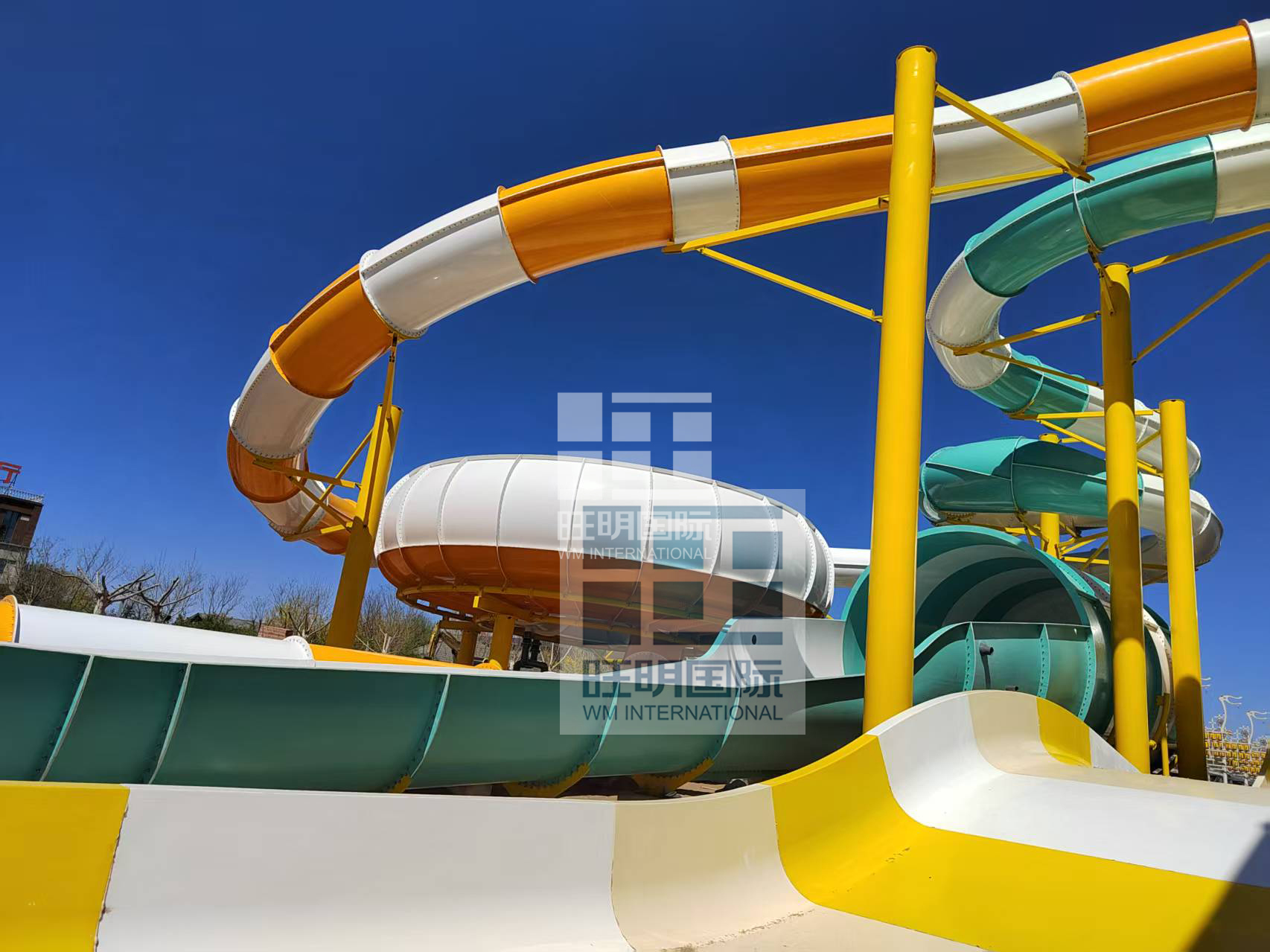how to make a water park
Under the scorching summer heat, water parks have become ideal destinations for people seeking both relief and entertainment. From thrilling high-speed slides and romantic wave pools to family-friendly interactive water play areas, the success of a water park hinges on a scientifically rigorous construction process. This article unveils the core steps to transform an empty plot into a vibrant aquatic wonderland brimming with laughter.
Under the scorching summer heat, water parks have become ideal destinations for people seeking both relief and entertainment. From thrilling high-speed slides and romantic wave pools to family-friendly interactive water play areas, the success of a water park hinges on a scientifically rigorous construction process. This article unveils the core steps to transform an empty plot into a vibrant aquatic wonderland brimming with laughter.

Step 1: Precise Positioning and Feasibility Study
Market Analysis: Conduct in-depth research on target demographics (families, young adults, or all-age groups), regional spending power, and competitors. Determine the park’s scale and thematic positioning (e.g., tropical rainforest, futuristic tech, or fairy-tale kingdom).
Site Selection: Prioritize locations with convenient transportation and robust municipal infrastructure. Evaluate geological conditions, water supply, environmental regulations, and flood risks.
Investment Planning: Develop a financial model covering water park equipment procurement, construction costs, and operational expenses to ensure economic viability and a clear ROI timeline.
Step 2: Creative Design and Themed Storytelling
Narrative Integration: Craft a cohesive theme (e.g., "Deep-Sea Adventure" or "Mayan Civilization") to unify slide designs, landscapes, architecture, and even staff uniforms, enhancing visitor immersion.
Cross-Disciplinary Collaboration: Structural engineers, water treatment specialists, and landscape architects must work together to balance safety, fun, and operational efficiency. For example, separate high-speed slides from children’s zones to optimize visitor flow.
Technology-Driven Design: Use BIM 3D modeling to simulate visitor perspectives and spatial layouts. Apply fluid dynamics simulations to refine slide water flow for optimal ride experiences.
Step 3: High-Standard Construction and Technological Innovation
Civil Engineering: Excavate pool foundations with double-layer waterproofing (anti-seep concrete + waterproof membranes), ensuring a slope precision of ≤0.1% to prevent water stagnation. Conduct load-bearing tests for large installations.
Water Circulation Systems: Install sand filters, ozone disinfection, and automated pH adjustment equipment to achieve a 30% water-saving rate.
Sustainable Practices: Integrate solar heating, rainwater harvesting, and eco-friendly materials. Some parks now operate as carbon-neutral facilities.
Step 4: Rigorous Equipment Selection and Themed Customization
Water park equipment is the "heart" of the park, requiring both safety and excitement.
Custom Innovations: Partner with manufacturers to develop unique attractions, such as VR-enhanced dark slides or laser-show interactive water playgrounds, to create viral trends.
All-Age Inclusivity: Design for diverse audiences—thrilling loop slides for teens, lazy rivers and shallow pools for families, and wheelchair-accessible pathways for inclusivity.

Ranking of Water Park Equipment Companies & The Top Water Park Equipment Company In China

Ranking of Water Park Design Manufacturers? Here's a Comprehensive List of Water Park Design Companies

Which Manufacturer to Choose for Water Park Rides? Recommendations for Water Park Equipment Companies

Large Water Park Equipment Manufacturers? Which Water Play Facility Manufacturer is the Best?

Analysis of Water Park Equipment and Recommendations for High-Quality Manufacturers
FAQs
How to start working with WM International for water park project design?
You can contact us through our official website contact form or call our customer service team directly. We will conduct initial communication based on your needs, arrange project surveys and analysis, develop personalized design plans, and provide detailed service processes and quotations.
How long does it usually take for WM International's water park design projects to be completed?
The project cycle varies depending on the project size, design complexity and customer needs. Generally speaking, the complete planning and design process usually takes 2-6 months. We will confirm the schedule with the customer at the beginning of the project and ensure that the design work is completed on time.
Does WM International provide post-operation and maintenance support for the water park?
Yes, we not only provide design and construction services, but also provide operation and maintenance support for the water park. We can provide equipment maintenance, regular inspections and optimization suggestions according to customer needs to ensure the long-term efficient and safe operation of the park.
What are the main contents of water park planning and design services?
We provide a full range of water park planning and design services, including site analysis, theme setting, facility layout, visitor flow design, safety and environmental protection design, etc. Our goal is to create a safe and entertaining water park through scientific planning and creative design to enhance the visitor experience.
What are the advantages of WM International's design team?
Our design team has rich project experience in planning, landscape, architecture, structure, equipment and other fields. The team members include many senior experts at home and abroad to ensure that each project can combine the latest technology and design concepts in the industry to provide the best solutions.

Huge Bowl Water Slide

Time Tunnel Water Slide

Children Combined Water Slide

Big Tourbillion Water Slide

Small King Cobra Water Slide

Turnover Slide
Get in touch
Have to get customized water park solutions and product quotes.
We will provide you with professional consultation and support.








 Scan QR Code
Scan QR Code
wmwaterslide
wmwaterpark